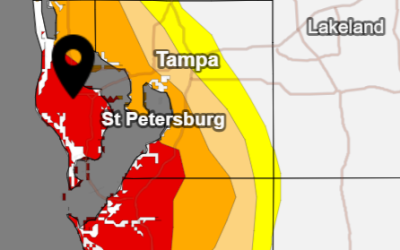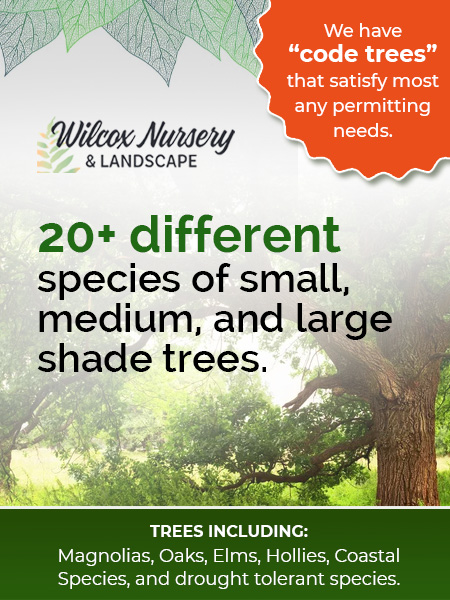As temperatures drop this winter, homeowners have to be aware of the impact frost will have on their garden plants. The cold weather can be a major problem as it affects plant growth and damages tender plants. But the winter weather shouldn’t stop you from enjoying different blooms and foliage colors in your garden. There are many winter-hardy plants available in various shapes, sizes, and textures that can grow or remain attractive even while dormant. Choosing the ‘right cold-hardy’ plant to add interest and color to your garden is important though. Wilcox Nursery is here to help you grow the winter garden you’ve always wanted.
How Does Temperature Affect Plant Growth?
Cold can affect plants depending upon soil, duration of cold, type of plants and other factors. Temperature helps to break dormancy in seeds and plants as it prompts growth. Low areas gather moisture easily and create cold pockets that can bring down temperatures significantly. It causes freeze and frost damage to leaves and roots. Plants that are marginally hardy or the ones that have not been properly prepared for cold weather show the most damage. Therefore, it is important to consider plants’ growth and temperatures they will be growing in, when scouting and establishing plants. Weather is always unpredictable, so provide sheltered areas for your more tender plants so they remain unscathed over winter.
Plants and shrubs are likely to face problems from cold weather but there are some plants that are going to perform much better than others in your area or zone. The United States Department of Agriculture (USDA) have designed the Plant Hardiness Zones to determine the plants that grow best in a particular region based on the lowest average temperature that they can tolerate in the winter. You can identify if yours are if you know The United States Department of Agriculture zone for each plant can help you identify whether it is hardy to cold in your zone. However, the actual hardiness of a plant also depends on the microclimate, exposure, and nutrient intake.
How Can You Use Cold Hardy Shrubs In A Florida Landscape?
Cold hardy plants and shrubs can be used as the dominant plants in your landscape and to help minimize cold damage for other plants and shrubs that are not able to withstand winter temperatures.
You can also establish cold hardy shrubs in bedding areas to protect flowering plants from cold winds. But do cover bedding plants during a freeze at thirty two degrees or below.
Cold-hardy plants also reduce the likelihood of cold injury for other cold susceptible plants and shrubs.
Florida is lucky to have relatively warm winters with an average low temperature in January around 50 degrees but there will be days when the temperature is at or slightly below freezing, which can kill off any plants that are not cold-hardy. Select from approved cold hardy plants and shrubs that can take the winter temperatures that occur in Florida and use throughout your garden as hedges, borders around patios or pool area or even as mass plantings. There are even flowering plants that can grow in Florida in the winter so you can have color in your landscape all year round.
Trees are a long term investment so make sure to pick native trees that are cold hardy. You can make it a mix of evergreens and deciduous trees such as Southern magnolia, Red cedar, live oak, Red maple, myrtle oak, sweet bay magnolia and sycamore.
Shrubs that are cold hardy can be used for screening as they don’t shed leaves. Cold-hardy landscape shrubs perfect for Central Florida winters include Simpson stopper, Walter’s viburnum, wax myrtle, and Yaupon holly. Simpson’s Stopper belongs to the Eucalyptus family, Myrtaceae, is also referred to as twinberry. Simpson’s stopper is cold hardy down to 25°F and lower and can be grown outdoors all year long. It has evergreen foliage and the white/near white blooms look lovely. Walter’s Viburnum is the ultimate in sturdy shrubs for hedges. This plant has clusters of showy white flowers followed by red to black berries. The green leaves and red berries of the evergreen tree, Yaupon Holly, can help add color to your garden throughout the year.
Try to check on the USDA hardiness zones on your plant labels or ask for information in your local nursery. Wilcox Nursery and Landscaping can help you choose cold-hardy native plants for your Florida garden.



